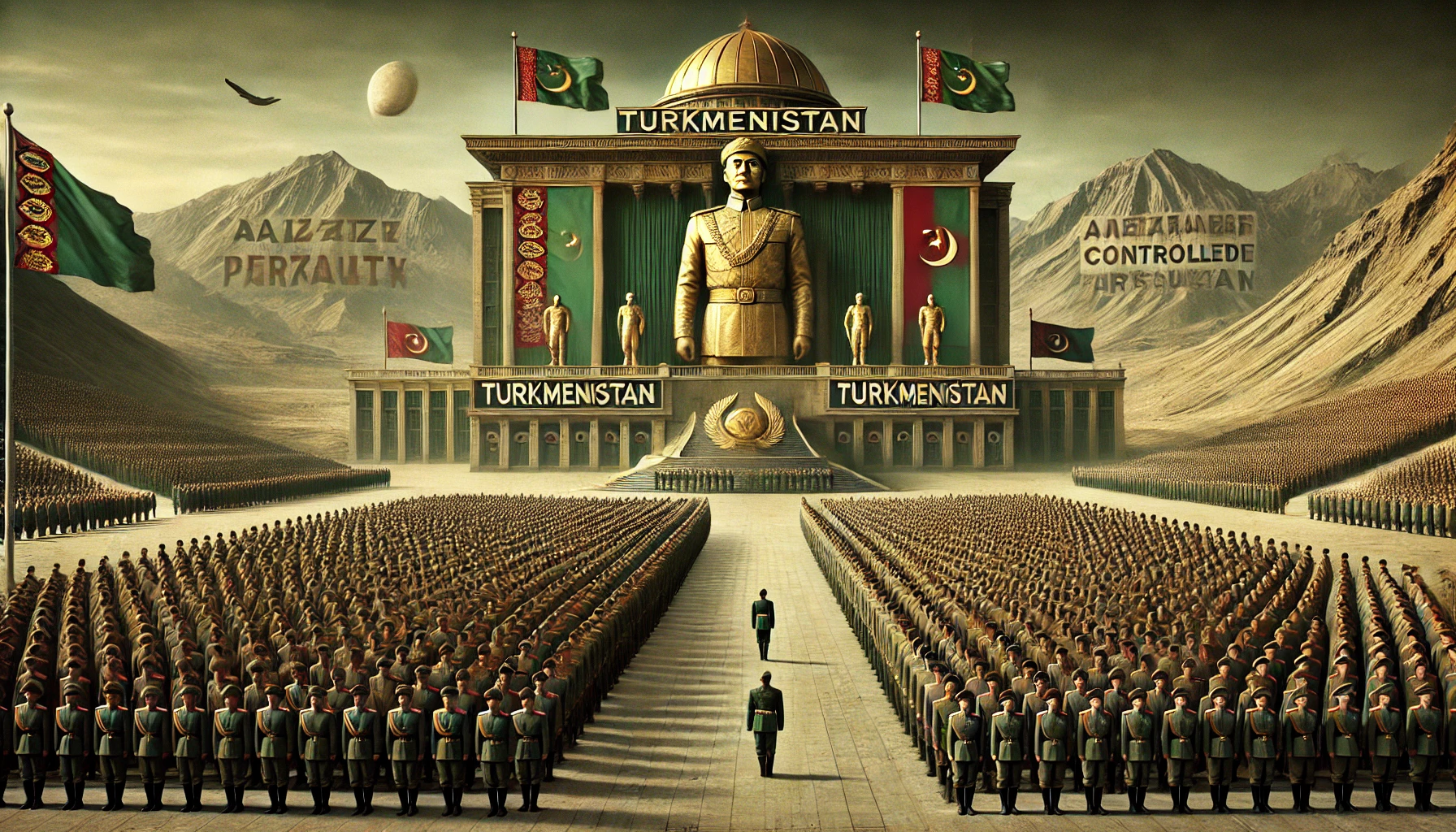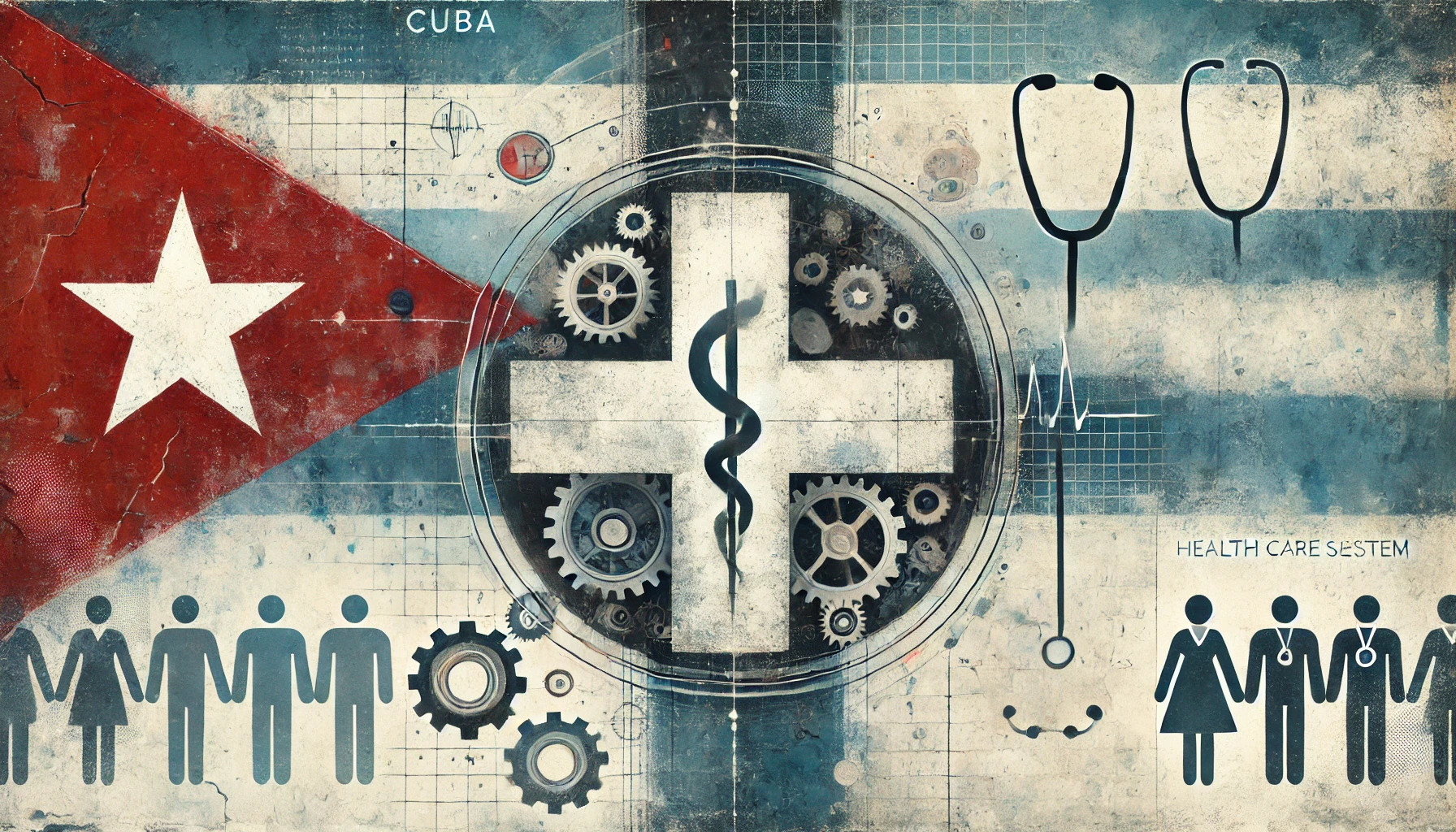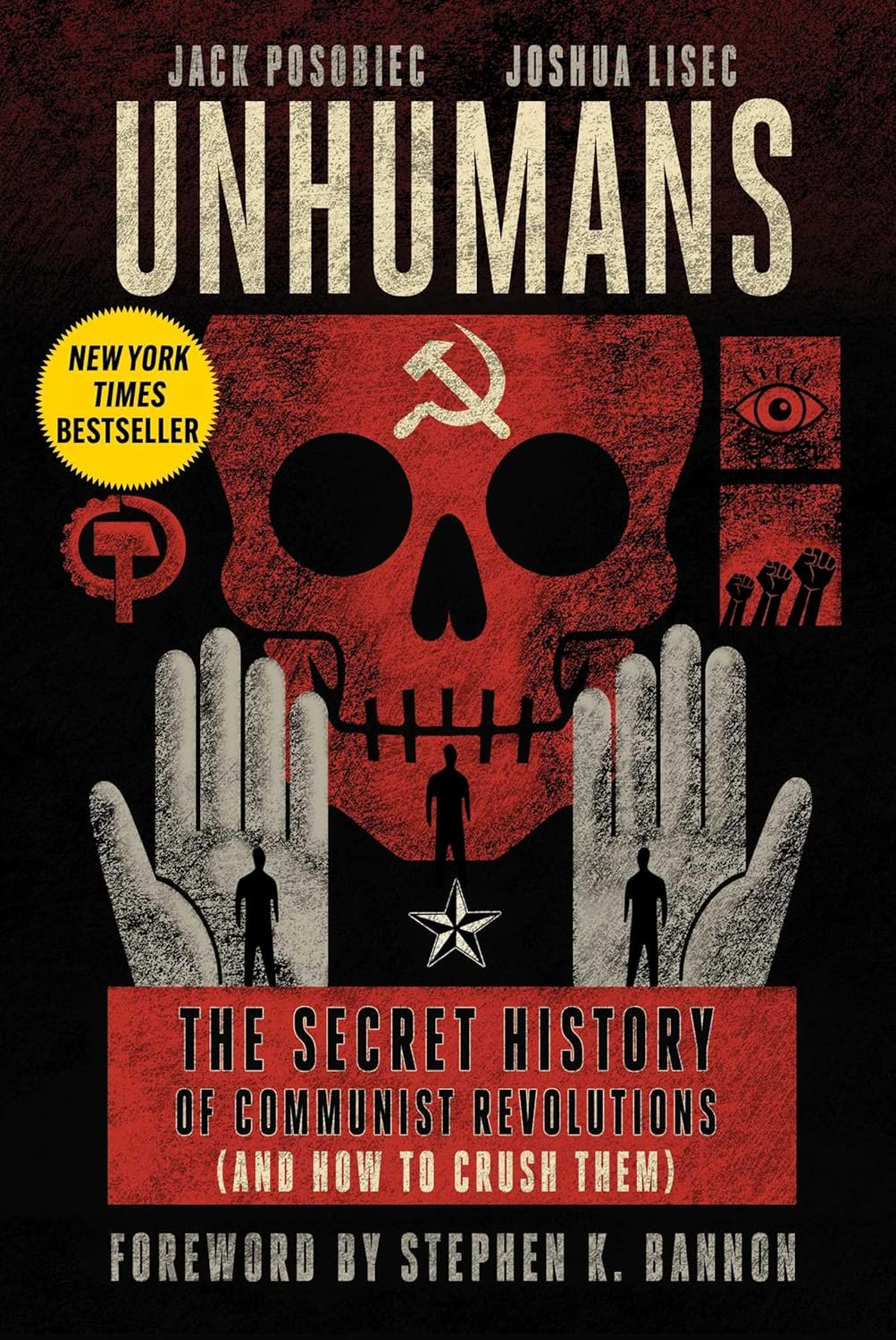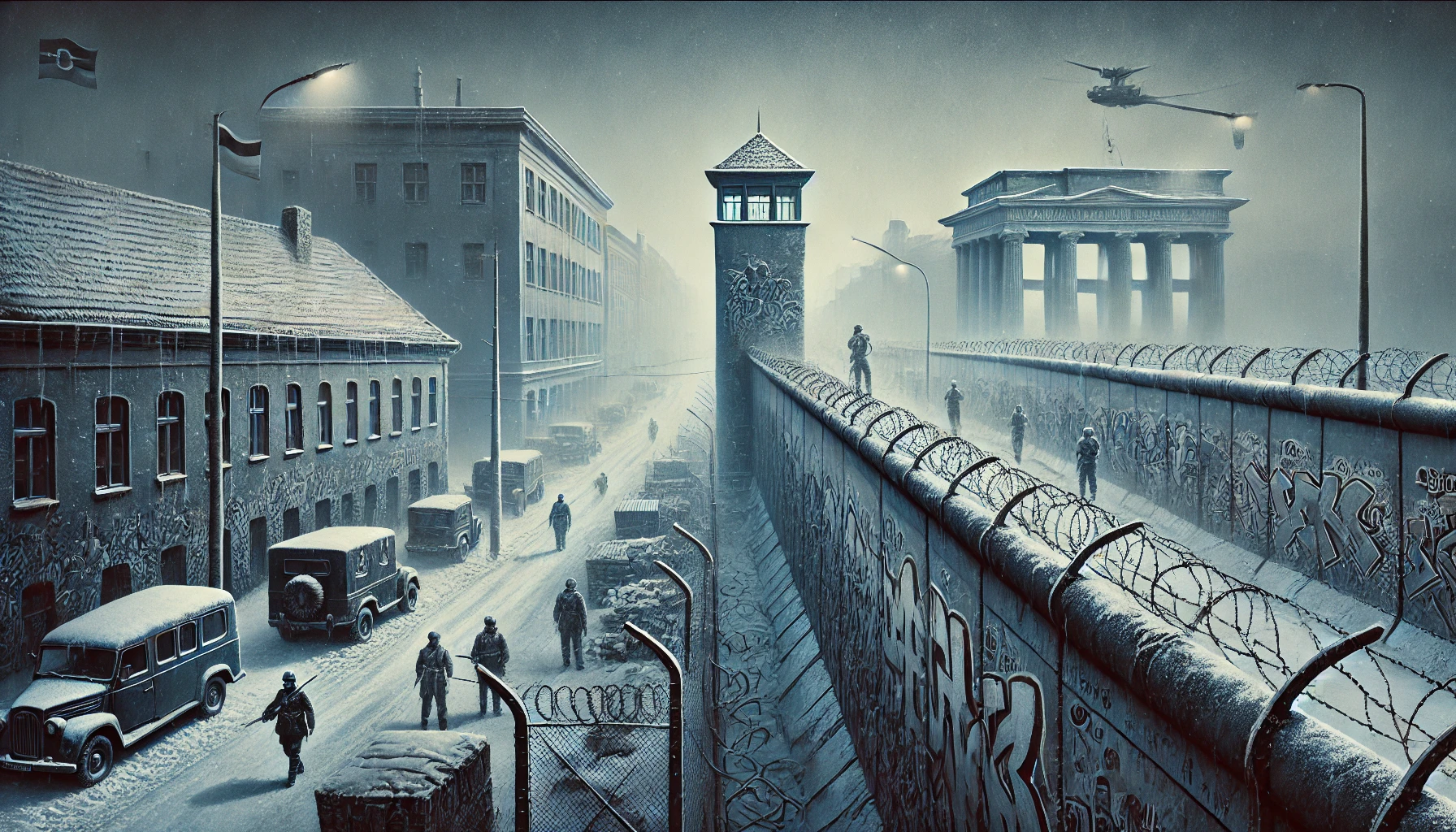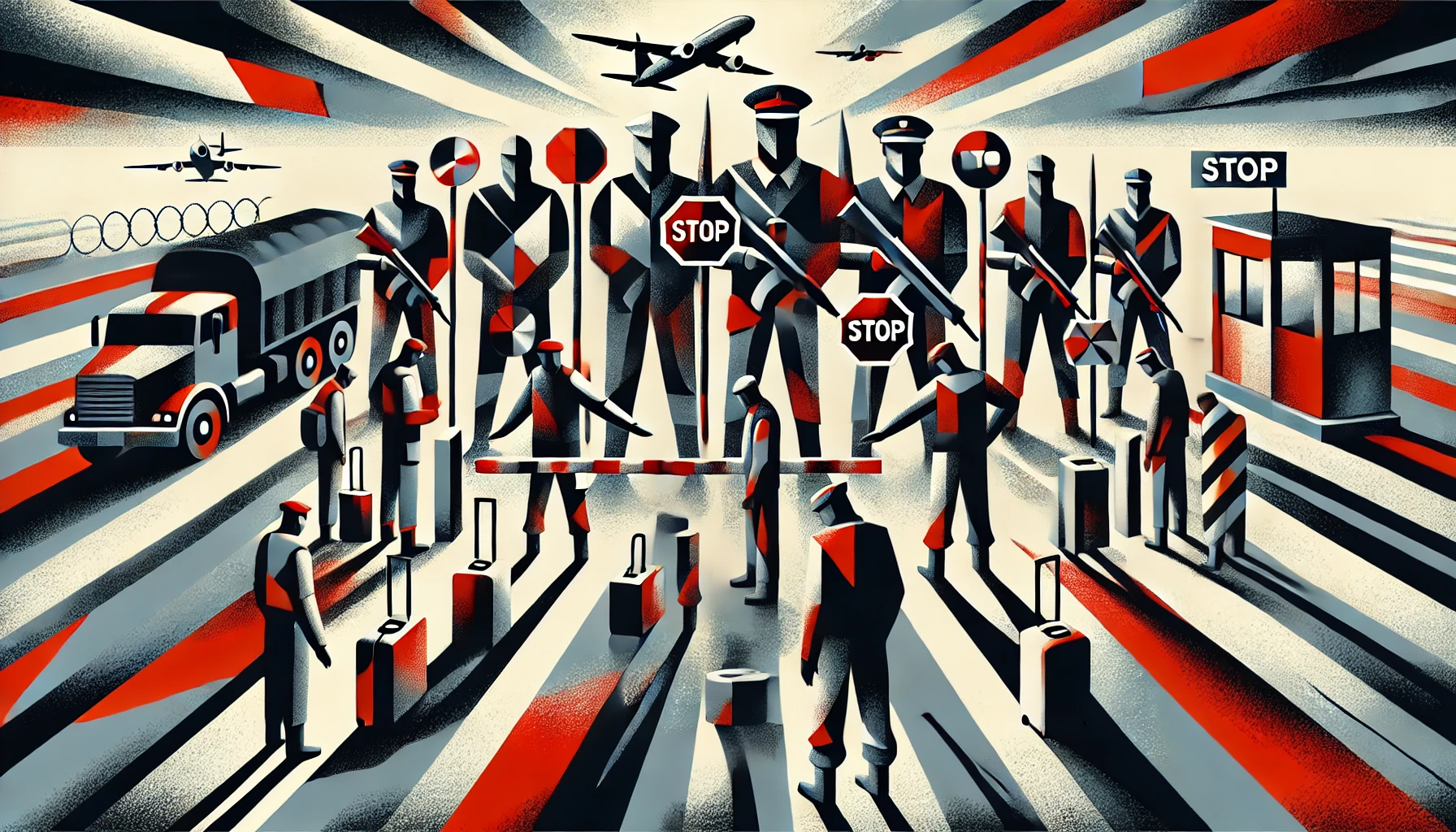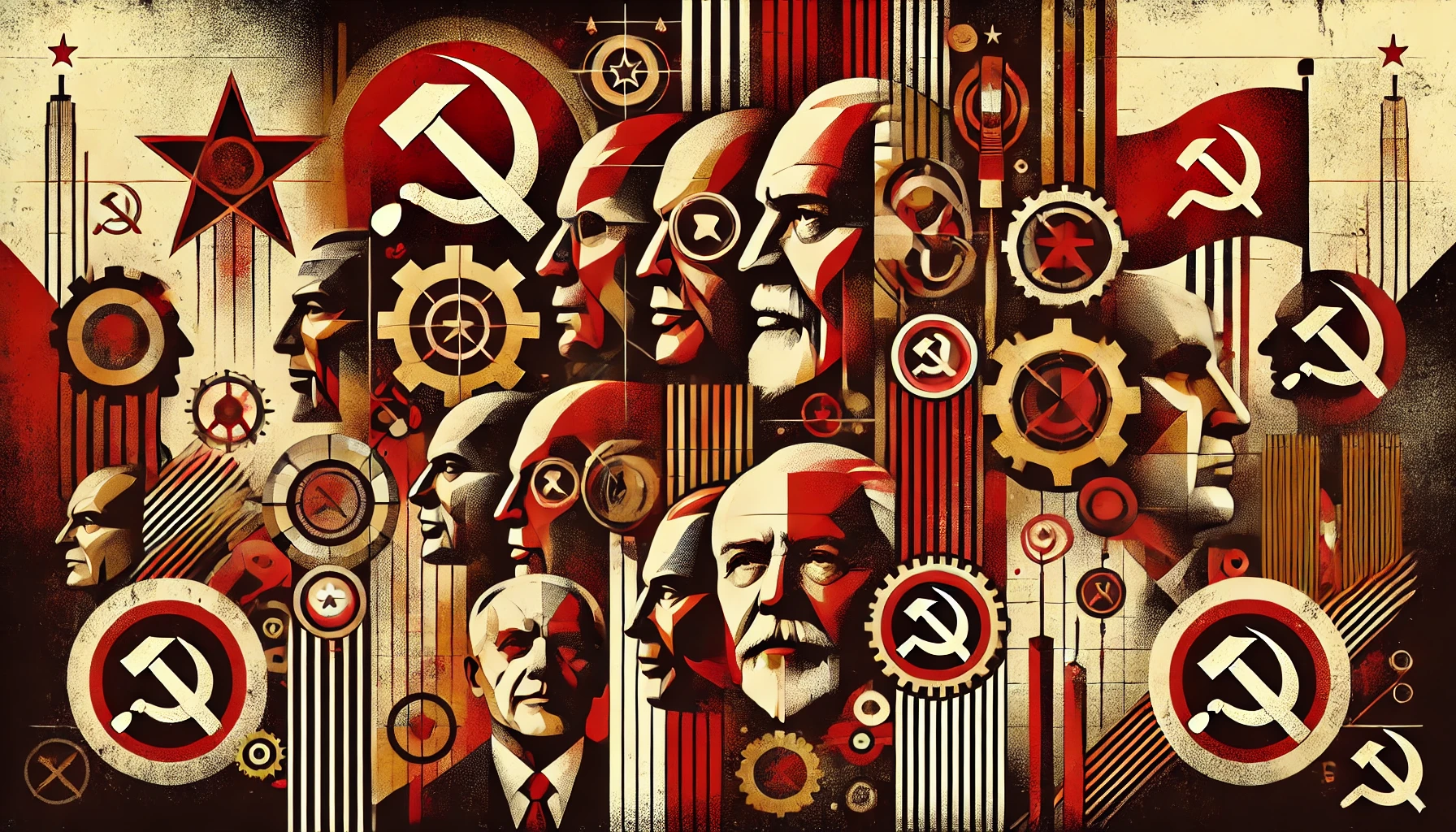Turkmenistan, a Central Asian nation rich in natural gas reserves, has been under authoritarian rule since its independence from the Soviet Union in 1991. The country’s political landscape is characterized by a pervasive cult of personality, suppression of dissent, and extensive state control over all aspects of life.
Cult of Personality
The late President Saparmurat Niyazov, who led Turkmenistan from 1985 until his death in 2006, established an extensive cult of personality. He adopted the title “Türkmenbaşy” (Leader of the Turkmen) and renamed cities, streets, and even months after himself and his family members. A notable example is the golden statue of Niyazov in Ashgabat, which rotated to always face the sun. His self-authored book, the Ruhnama, was mandated reading in schools and workplaces, and knowledge of its contents was required for obtaining a driver’s license.
Following Niyazov’s death, his successor, Gurbanguly Berdimuhamedow, initially rolled back some of these excesses, such as removing Niyazov’s portraits and renaming institutions. However, he soon developed his own cult of personality, commissioning statues of himself and promoting his writings. This trend continued with his son, Serdar Berdimuhamedow, who became president in 2022, further entrenching the family’s dominance.
Suppression of Dissent
Turkmenistan’s government maintains strict control over political expression. The Democratic Party of Turkmenistan, formerly the Communist Party, remains the dominant political force, and genuine political opposition is virtually nonexistent. Elections are tightly controlled, with outcomes favoring the ruling party, and international observers have criticized them for lacking transparency and fairness.
Freedom of the press is severely restricted. The state controls all media outlets, and independent journalism is virtually nonexistent. Internet access is heavily censored, with many websites blocked, and the use of virtual private networks (VPNs) is prohibited. This information blackout ensures that citizens have limited access to independent news sources, reinforcing state propaganda.
Control Over Civil Society
The Turkmen government imposes strict regulations on civil society organizations. Only state-sanctioned groups are allowed to operate, and independent NGOs face significant obstacles to registration and operation. Religious freedoms are also curtailed; while Sunni Islam and Russian Orthodoxy are officially recognized, practitioners of other faiths face harassment and persecution.
The state also restricts freedom of movement. Citizens require government permission to travel abroad, and those deemed disloyal or critical of the regime are often denied exit visas. This policy effectively isolates the population from the outside world, limiting exposure to alternative viewpoints.
Economic Control
Turkmenistan’s economy is heavily centralized, with the state controlling key industries, particularly the lucrative natural gas sector. The leadership uses revenues from natural resources to maintain loyalty among elites and fund grandiose projects that bolster the regime’s image. However, widespread corruption and mismanagement have led to economic inefficiencies and a lack of development in other sectors.
Human Rights Abuses
The regime’s totalitarian nature is further evidenced by its human rights record. Arbitrary arrests, torture, and enforced disappearances are reported by human rights organizations. Political prisoners are often held incommunicado, and their families face harassment. The judiciary lacks independence, serving as an instrument of the executive branch to suppress dissent.
International Isolation
Turkmenistan’s self-imposed isolation, under the policy of “positive neutrality,” has limited its engagement with the international community. This stance allows the regime to operate without significant external scrutiny, perpetuating its authoritarian practices. While the country engages in some international economic activities, particularly in the energy sector, it remains one of the most closed societies globally.
Conclusion
Turkmenistan’s political system exhibits classic totalitarian characteristics: a pervasive cult of personality, suppression of dissent, control over civil society, centralized economic management, and severe human rights abuses. The leadership’s tight grip on power has stifled political pluralism and isolated the country from global developments, leaving the populace with limited freedoms and little hope for democratic reform.
Recommended Reading
For those interested in exploring this topic further, consider the following book:
- “Turkmenistan’s Foreign Policy: Positive Neutrality and the Consolidation of the Turkmen Regime” by Luca Anceschi
This book provides an in-depth analysis of Turkmenistan’s political landscape and foreign policy.
Available on Amazon
This work offers valuable insights into the mechanisms of control and the international posture of Turkmenistan’s authoritarian regime.


